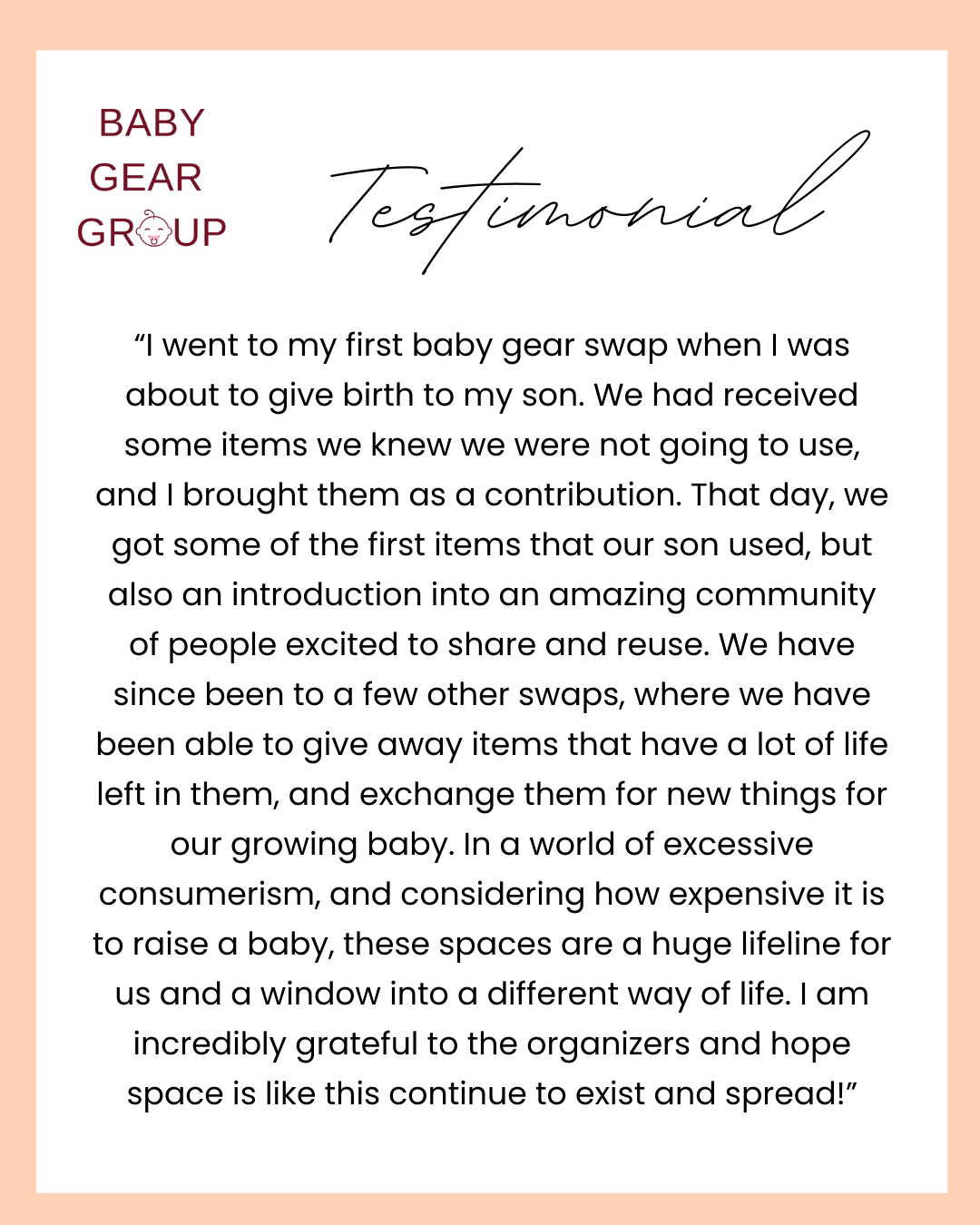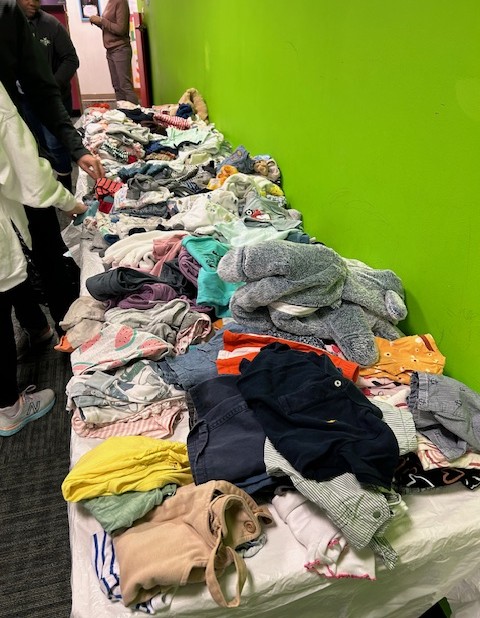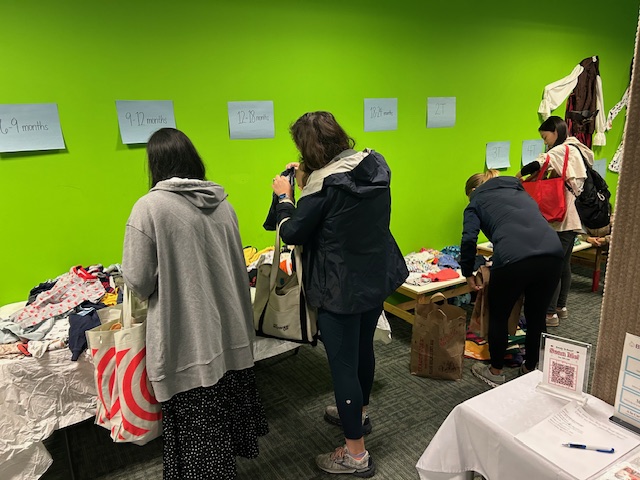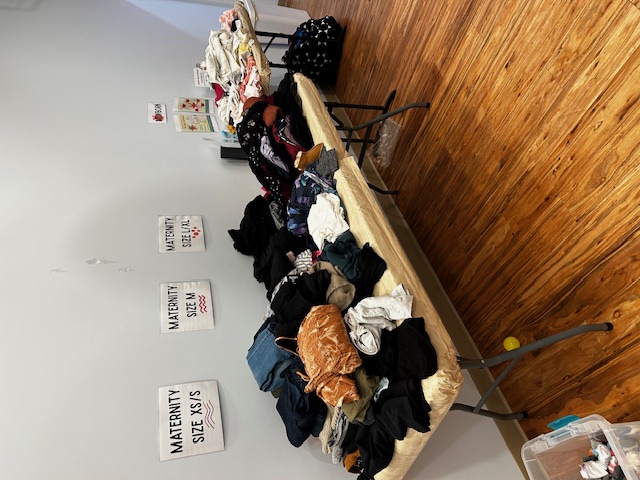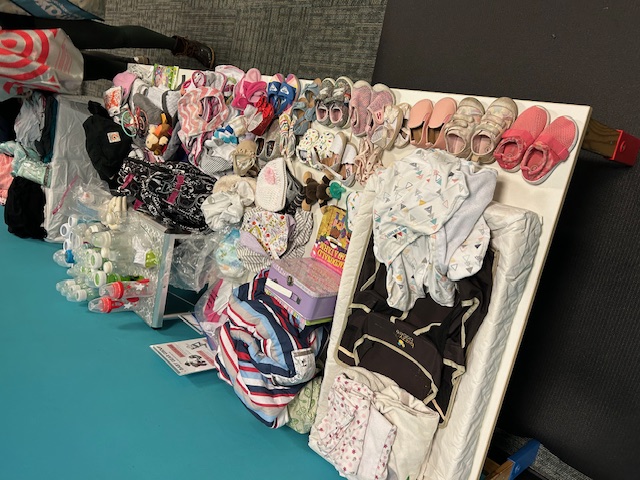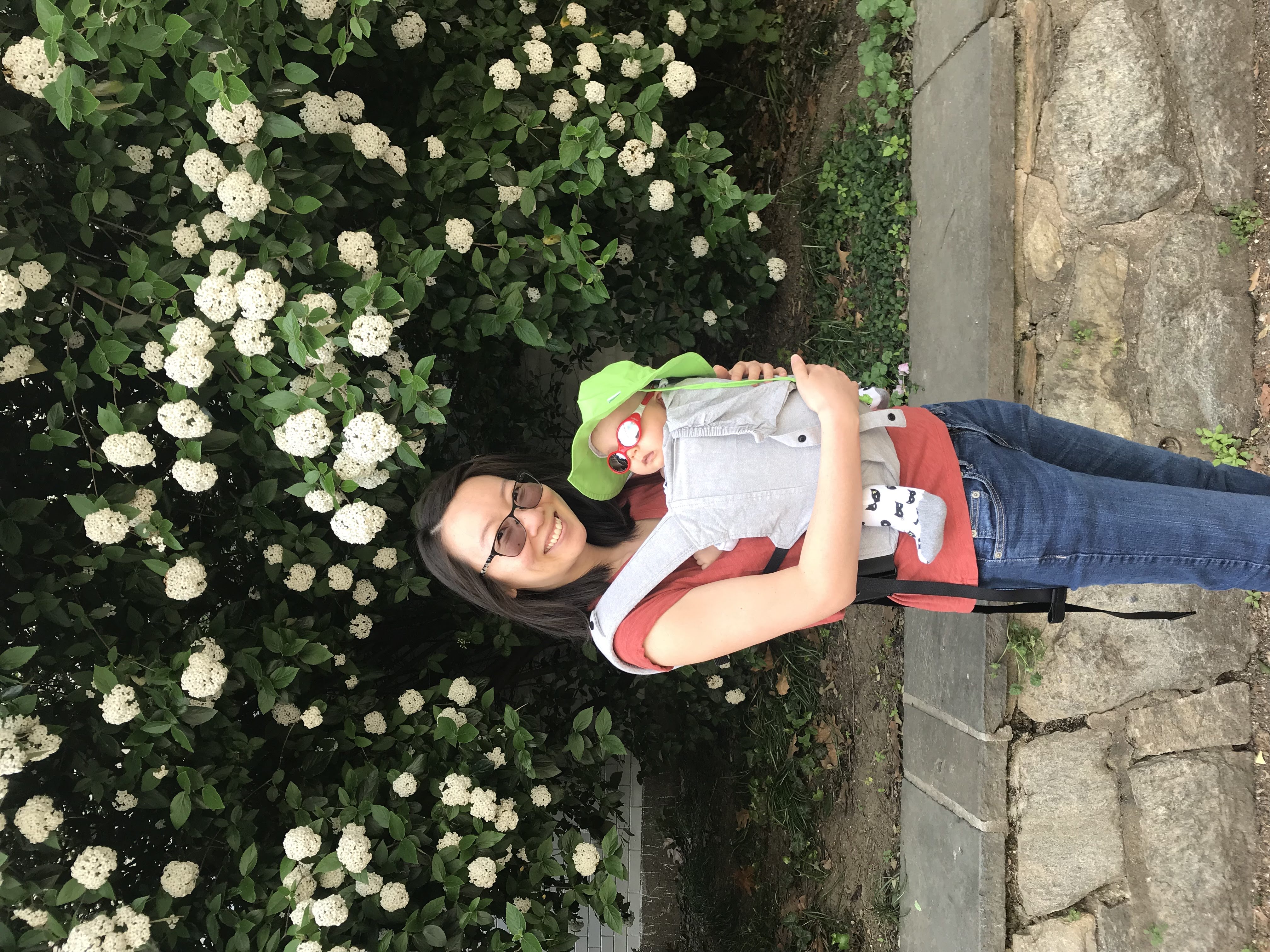
Baby Gear Group is a parent-led social enterprise, a growing network of baby gear rental libraries. We help families save money and reduce waste by maximizing the reuse of baby gear within local communities. As part of our mission to build circular solutions, we also host community-building events that promote sustainability and support families.
Goal
In 2024, guided by B Corp principles, we set the goal of making sustainable living easy and joyful through a scalable, community-based solution. To this end, we launched a free, quarterly Baby Clothing Swaps program in Philadelphia.
Why
While our core work focuses on the circularity of durable gear such as strollers and bassinets, we recognized that families face an additional challenge with clothing. The U.S. landfills 11 million tons of textiles annually. For parents, the problem is magnified as babies and toddlers outgrow clothing every few months, creating cycles of overconsumption, clutter, waste, and financial strain.
Many families aspire to live more sustainably but lack easy, local, and affordable options. Free clothing swaps fill this gap, are mission-aligned with our core services, and expand our commitment to reducing overconsumption and waste. Furthermore, the program is also designed to be easily repeatable and scalable across Baby Gear Group locations nationwide.
Impact Objectives:
Ultimately, the Baby Clothing Swaps lead by example that circularity and sustainability can be easy, community-driven, and scalable.
Guiding Principles
To bring the Baby Clothing Swap initiative to life, we leveraged our previous experience with community investment to design the program around three guiding principles:
Plan of Action
Team: Key hires with expertise in community engagement and a dedicated “Mombassador” guided the design and execution of the swaps.
Venues: We partnered with mission-aligned venues such as baby playspaces, childcare centers, and community centers that donated space and tables. We deliberately rotated venues across Philadelphia neighborhoods to broaden access and reach.
Timing: Events were planned on a quarterly cadence to align with seasonal clothing needs, with the first swap held in April 2024.
Execution & Unique Features
Marketing: Marketing focused on grassroots channels, including local in-person and online parent groups, social media, email, and word of mouth. Flyers were posted in neighborhoods around each venue. This hyper-local approach was amplified by Baby Gear Group’s growing visibility as a trusted sustainability brand. Our dedicated “Mombassador” coordinated logistics and communications, ensuring professional consistency at each event.
Format: The swaps were completely free, eliminating financial barriers and enabling broad inclusion. Clothing spanned preemie/newborn through 5T, along with maternity wear and small gear items, so families could participate across multiple life stages. For operational simplicity, families dropped off and "shopped" within the same two-hour window, placing items by size on tables themselves. Leftover items were donated to nonprofits and community organizations.
Experience: Our unique format fostered ease and connection. Families attended without sign-ins, tracking, or stigma. While attendees were encouraged to “bring a bag, leave with a bag,” they could also take items without contributing, especially for maternity and newborn needs. Babies and toddlers often tagged along, creating vibrant, social environments where families lingered to chat and build relationships. By asking attendees to place items on tables themselves, our staffing needs were minimized and participants shared ownership of the event. The result felt less like a donation drive and more like a community celebration of circular living. Families were overwhelmingly positive in their feedback. (See testimonial graphic.)
Challenges & Adaptations
Impact Measurement: Measuring impact was an initial challenge. Our decision to forego sign-ups and check-ins to reduce barriers also limited our ability to collect data. We adapted by introducing lightweight systems to visually estimate attendance and pounds of textiles.
Donation Network: Donation logistics for leftover items also required adaptation, as not all partners accepted every category of item (e.g., baby items vs. maternity wear). We developed a distribution network of nonprofits to ensure every item found an appropriate home.
Operations: A multi-person effort was streamlined into a model manageable by a single organizer, demonstrating the program’s scalability and sustainability.
Scaling & Growth
Unlike traditional clothing drives, our swap model is hyper-local, low-lift, and low-cost, requiring no advance drop-offs, heavy sorting, or large volunteer teams. We documented the process in a toolkit so other Baby Gear Group branches could replicate the program nationally, embedding circular living as an easy, accessible part of parenting culture.
Our Baby Clothing Swaps have successfully become a beloved, high-impact community program and a model now scaling to Baby Gear Group branches nationwide.
In Philadelphia, six swaps have been hosted, with two more planned by the end of 2025. Other cities have already run eight additional swaps. Together, these events have engaged 525 families and produced multiple dimensions of impact:
Economic: 525 families saved $41,500 collectively, reducing financial stress during an expensive life stage.
Environmental: 2,300 pounds of clothing were recirculated, keeping textiles in use and out of landfills.
Social & Emotional: The swaps fostered community connection and accessible sustainable living. Participants described the swaps as joyful and empowering, noting that seeing their outgrown items immediately help another family created a tangible sense of purpose and sustainability. Feedback consistently reported reduced mental load, relief from shopping and storage stress, and strengthened relationships with other families. Many expressed their surprise and delight that the program is free and their anticipation for future events. See testimonial graphic.
Organizational: By developing lightweight, repeatable impact metrics, we improved our internal measurement systems. These tools directly contributed to achieving our B Corp certification and set a foundation for scaling the program nationally.
Cultural: Most importantly, the swaps filled a critical gap in Philadelphia and other communities by creating a recurring, free, and social space for circular living.
This combination of impact outcomes, community connection, and scalable design has made the Baby Clothing Swaps a signature initiative of Baby Gear Group.
